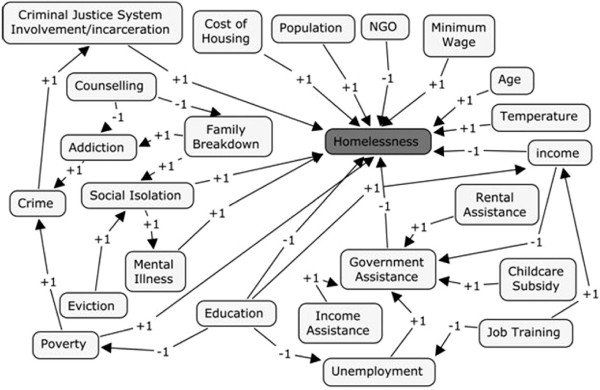The Trouble with Jesus
by Constance Hastings
The Trouble with Jesus:
The Good Shepherd leads his flock right into the valleys of the shadows of death’s dark alleys.
Sometimes you might think it’s better to stay behind locked doors. The United States is on track for a record setting year of mass shootings. Be careful out there. Then again, many of those shootings involved family members killing each other. Seems like nobody is safe. Who can we trust in a world like this? And please, don’t give me a trite, “God will take care of you” story.
Understood. And granted there are sweet parables on sheep and safety within the flock designed to comfort the soul looking for a shepherd to provide and protect. It harkens back to the old psalm, “He makes me lie down in green pastures; he leads me beside the still waters. He restores my soul.” (Psalm 23) Such idyllic imagery says everything is going to be ok. The Good Shepherd has got this.
Lions, Tigers and Bears, Oh My!
Now, read this carefully. It’s true; pastoral portrayals calm, sooth, give comfort, and quiet the panic in the throat. But contrasted with these images are thieves and robbers, the lions, tigers and bears, oh my! that threaten the good life. Jesus promises within his sheepfold, he is the gate and those who enter through it will be protected, saved from that which will steal and kill and destroy them. Those who lived in this context and time understood that sheep required caring shepherds who safeguard the flock in the sheepfold, keeping them secure and separate from danger. Today, a Good Shepherd is right what we need.
It’s a nice thought, and nice thoughts are fine, sorely needed now in the noise, negativity and fear loudly playing in the background. These sheep are dear to the shepherd, and at the sound of his voice, they come to him. What a sweet picture: Jesus has his flock all around, a baby lamb in his arms, and even the infamous black sheep is included among them. So nice…but listen.
The Conundrum
“He calls his own sheep by name…” They are familiar and loved and each special to the shepherd—but, “and leads them out.” What? If the sheepfold is such a safe place, why steer them into that which threatens danger? If they stay in the sheepfold, they’ll miss out on those green pastures. Yet, if they risk going out for better nourishment, beware of how hazardous it is out there. The sheep and shepherd take the chance, sticking close where they can hear the Good Shepherd’s voice, gathered together as he leads and goes ahead of them.
To be blunt, this passage is not saying literally to forget precautions, go out in the world, and God will protect you from it. Such an interpretation is making God small, a spiritual dispenser of bulletproof vests. God’s purposes are greater than only the immediate concerns of the day.
Treacherous Travel
To enter by the gate of the Good Shepherd is to be led through the “valley of the shadow of death.” It’s risky to follow the Good Shepherd, and his life was the epitome of taking on risk. He wouldn’t give safe messages that pandered to religious hierarchy. He chose disciples with no influence to aid his cause. He did not avoid the wrong kind of people: Romans, tax collectors, despised Samaritans, women of all kinds. He touched the ritually unclean sick. He literally tossed over the tables holding the Temple commerce. He took big risks in getting people to green pastures.
To be called by name by the Good Shepherd is to follow him not in safe, comfortable living but to places where the world is irreligious and dangerous. Name your place: homeless camps, shelters for mentally disturbed teenagers, recovery rooms for the addicted, porn studios, hotels that house the sexually trafficked, where shadowy valleys are dark alleys, anyplace that makes you cringe and draw back. That’s where Jesus leads the flock, all for the love of God. It’s risky, and he knows it better than any of us.
Eventually, the wolves got the Good Shepherd. He risked it all to meet people where they were, even to the point of death. But Jesus’ death was the gate, the door, the entry into a life that restores the lost to a new kind of living, an abundant life now with purpose beyond oneself. It swings wide for those who hear his call to follow him, not into the sheepfold though, but on paths that lead out and into the hearts of those who need a Good Shepherd.
“I came that they may have life and have it abundantly.”
Subscribe to The Trouble with Jesus Blog Here.












